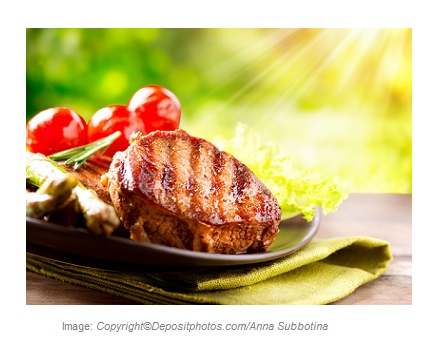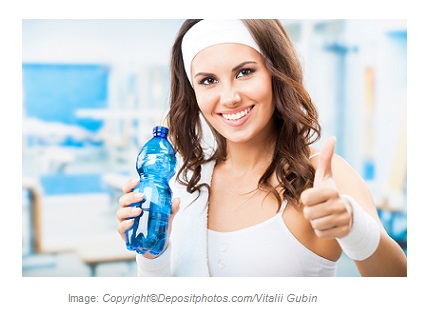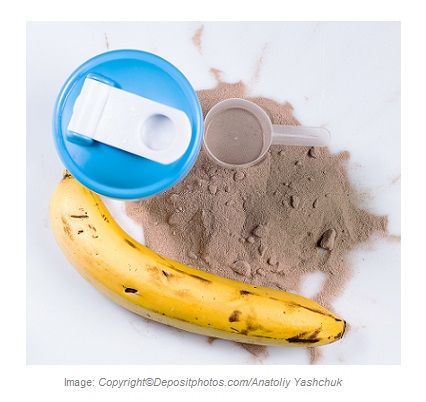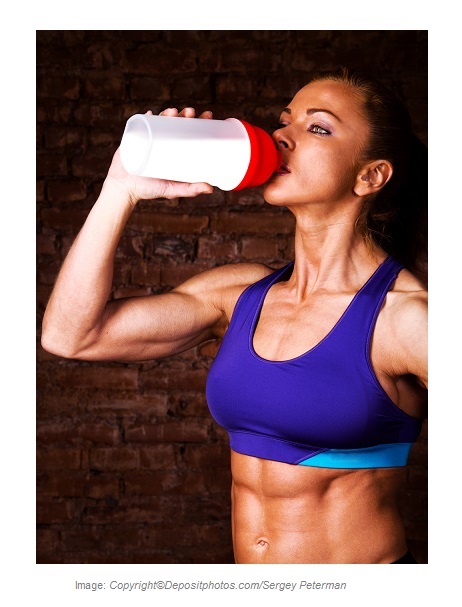Nutrition after exercise is the most complicated part of sports nutrition due to all those chemical and physiological changes have happened in the body. The main goal in post – workout diet is to induce a quick recovery, replenish glycogen stores, and make the body ready for the next training or exercise session.
Nutritional advices after exercise may vary from one person to another depending on the following factors:
- Whether you are a regular gym-goer or a professional athlete.
- As a gym-goer, whether your goal is to shed some fat and lose weight, get fit, or put some muscles on.
- As a professional athlete, whether you are an endurance or strength athlete.
- Whether there is a medical condition or not.
- As a competing athlete, the next competing time. For example, a wrestler might have his first match at 10:00 am and the next one at 4:00 pm on the same day or the day after, or as a soccer player, your first match is today and the next one is tomorrow or even two days later.
As you can see, multiple factors dictate the proper nutritional advice after exercise. Consulting athletes about sports nutrition for more than 25 years, I have classified post – workout period into two distinctive periods. This classification makes it easier for most people to understand the right eating pattern after exercise.

Abazar`s Classification for Post Workout Period

Early Post – Workout or Fat Burning Period
This period is within 30 minutes immediately after a workout or a sports training session, in which blood sugar is low, the cells are very sensitive to insulin, and the release of growth hormone (GH) is at the highest level. This period is sometimes referred to as “anabolic window”, as the body shifts from a catabolic state to an anabolic state and the body can easily use amino acids and glucose to rebuild glycogen storage and build muscles.
During this period, you should drink plenty of water to replenish water loss.
How much water do you exactly need after exercise?
The amount of water required during early post – workout period is at least 2 glasses (500 ml) or 2 glasses of water per one pound weight lost, whichever counts higher. The two following scenarios would make you understand better:
Scenario 1: if your body weight is 136 Ibs before exercise and there is no change in your body weight after exercise, you would need at least 2 glasses of water.
Scenario 2: if your body weight is 136 Ibs before exercise and 134 Ibs after exercise, you have lost 2 Ibs. In this case, you would need 4 glasses (1000 ml) of water.
If your goal is getting leaner, dropping more body fat, or losing weight, you should always wait the whole 30 minutes, giving enough time for your body to continue burning fat unless you feel dizzy or lightheaded.
If your goal is not losing weight, and you want to build more muscles and increase your size, then you should not wait, and you may proceed immediately to the next period and follow the advices over there.


Late Post – Workout or Recovery Period
This period occurs after about 30 minutes, in which blood sugar starts rising due to the release ofcounter – regulatory hormones. The five hormones, growth hormone, cortisol, epinephrine, norepinephrine, and glucagon are known as counter – regulatory hormones. They are released in response to hypoglycemia to increase blood sugar level.
The cells are still sensitive to insulin in recovery period, yet the release of GH starts declining as the blood sugar level rises. During this period, you should follow the following advices:
1) Eat some carbohydrates, especially carbohydrates with high glycemic index (GI). Fruits are good choices. For weight loss seekers, a fruit is considered enough. Non – weight loss seekers could have carbohydrates up to 1 gr/kg/body weight. For high GI fruits, see “Glycemic Index” under the section of “Carbohydrates”.
2) Eat more protein, about 0.5 gr/kg/body weight (not more than 40 grams at a time). Protein could be in a liquid form (protein shake) or a solid form (chicken, fish, beef, and cottage cheese). Consuming protein after exercise would limit post exercise muscle damage, help with muscle repair, keep the body metabolism active, and enhance glycogen replenishment. For protein powders after exercise, see “Protein Powders” under the section of “Supplementation”.
3) You should replace potassium, an important mineral you lose by sweating during exercise. Potassium depletion in the muscles may lead to muscle cramps or post – exercise exhaustion. Banana, potato, raisins, yogurt, tomato and dried fruits are excellent sources of potassium. For more information about potassium, see “Potassium” under the section of “Minerals”
4) Though you lose sodium by sweating during a training session, there is no need to increaseyour salt intake after workout unless you are involved in an endurance sport. For most gym-goers, post – exercise salt replacement is not a major concern at all, as most daily meals contain adequate salt. For more information about sodium, see “Sodium” under the section of “Minerals”.
